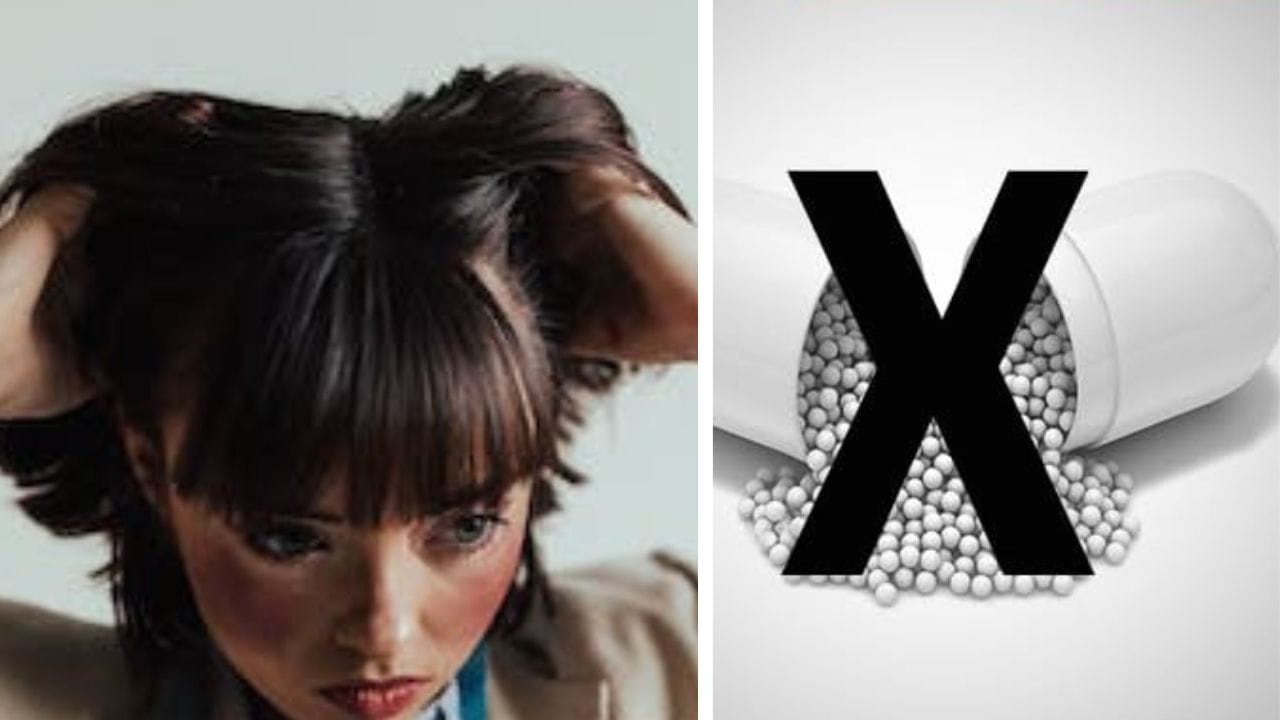Should You Keep Using Hair Loss Serum Amidst Scalp Irritation?
Your hair journey should be a comfortable experience, so listen to your scalp's signals and make adjustments accordingly!

Hair loss is a common concern that affects millions of people worldwide. In the quest for a luscious mane, many turn to hair loss serums as a potential solution. But what happens when the remedy seems to cause more problems, particularly scalp irritation? This article delves into whether it's wise to continue the use of hair loss serums under such circumstances.
Key Takeaways:
- Understand the potential causes of scalp irritation when using hair loss serums.
- Learn about the steps you should take if you experience scalp irritation.
- Discover alternative solutions for hair loss if serums are not suitable for you.
Recognizing Scalp Irritation: What Does It Look Like?
Scalp irritation can manifest in various ways, ranging from mild to severe. It's crucial to recognize the signs early on. You might notice redness, itching, flaking, or even a burning sensation. These symptoms can be a signal from your body that it's reacting to one or more ingredients in the hair loss serum.
The Ingredients Culprit: What's in Your Serum?
Hair loss serums contain a blend of active ingredients designed to stimulate hair growth. However, some of these compounds, like minoxidil, alcohol-based solvents, or propylene glycol, can irritate sensitive skin. It's essential to scrutinize the ingredient list and understand what you're applying to your scalp.
Immediate Response to Irritation: First Steps
If you experience scalp irritation after using a hair loss serum, the first step is to stop using the product immediately. Continuing to apply the serum can exacerbate the irritation and potentially lead to more severe skin conditions or even worsen hair loss.
Consulting a Professional: When to See a Dermatologist
Persistent scalp irritation warrants a visit to a dermatologist. They can assess your scalp's condition, perform allergy tests if necessary, and recommend a treatment plan. Sometimes, the solution may be as simple as switching to a different hair loss serum or adjusting the application frequency.
The Patch Test: Preventing Future Irritation
Before trying out a new hair loss serum, conduct a patch test. Apply a small amount of the product to a discreet area of your scalp and wait 24 hours. If there's no adverse reaction, it's generally safe to proceed. However, if irritation occurs, it's best to avoid that particular serum.
Ingredient Alternatives: Safer Options for Sensitive Scalps
For those with sensitive scalps, look for hair loss serums formulated without harsh chemicals. Ingredients like saw palmetto, caffeine, and natural oils can be gentler alternatives that still promote hair growth without the irritation.
The Role of Carrier Oils: Soothing Your Scalp
Carrier oils like coconut, argan, and jojoba oil can be mixed with hair loss serums to dilute their potency and minimize irritation. These oils also provide the added benefit of moisturizing and nourishing the scalp.
Adjusting Application Techniques: Tips for Serum Use
The way you apply hair loss serum can influence how your scalp reacts. Use only the recommended amount, and avoid aggressive rubbing. Gentle, circular motions can help in the even distribution of the serum without irritating the skin.
The Importance of Scalp Health: Beyond Hair Loss Serums
Maintaining overall scalp health is vital for hair growth. This includes regular cleansing to remove product buildup, using gentle hair care products, and ensuring a diet rich in hair-healthy nutrients.
When to Consider Alternative Hair Loss Treatments
If hair loss serums consistently cause irritation, it might be time to explore other options. Treatments like low-level laser therapy, scalp microneedling, or prescription medications could be effective alternatives.
The Psychological Impact of Hair Loss and Scalp Irritation
Dealing with hair loss and scalp irritation can be stressful and impact self-esteem. It's important to address these psychological effects by seeking support from friends, family, or professionals.
The Long-Term View: Patience with Hair Growth
Hair growth is a slow process, and it's essential to have realistic expectations when using hair loss serums. Even without irritation, it can take several months to notice significant improvements.
Balancing Serum Use and Scalp Care: A Delicate Dance
Finding the right balance between using hair loss serums and caring for your scalp can be challenging. It may require trial and error, but with patience and the right approach, you can achieve a healthy scalp and hair growth.
Summary
Scalp irritation from hair loss serums is a sign that your skin is reacting negatively to the product. It's crucial to stop using the serum immediately and consult a dermatologist if the irritation persists. Consider alternative ingredients or treatments that are gentler on the scalp.
Feel free to click the button below to explore the hair loss serums we've selected for you. It's essential to note that while finding the right serum is crucial, maintaining overall scalp health is equally paramount when dealing with hair concerns.

